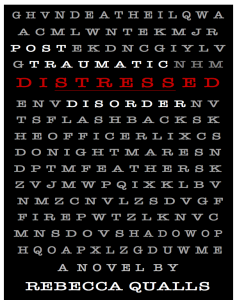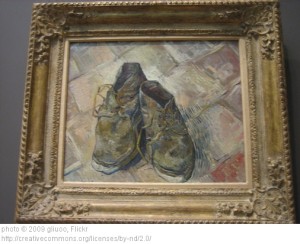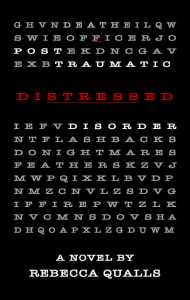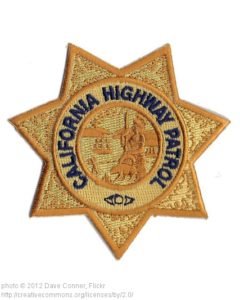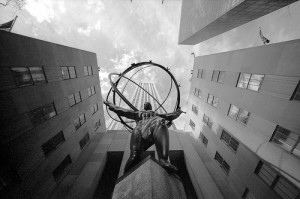
Photo from Katman1972 (free images.com)Top Gun Maverick. Rotten Tomatoes gives it 97%. You read that correctly. 97%! For those of you who didn’t have a stellar math teacher, only 3 out of every 100 people that saw the movie were like, “Meh.” Only 3.
I’m with you 97%. I cried. I cheered. I felt elated. And thank you, Hollywood, for the power of the cinema. Thank you for embracing a bit of the real. Just a bit. But I’m struggling to say it was truly real.
For those of you who have been around for a beat, I have some experience in the PTSD arena. (I may have even written an entire book dedicated to the cathartic journey of being married to someone who has been diagnosed with PTSD. Insert tireless self-promotion here.)
It’s time to let go!
Absolutely no disrespect to Val here. That man is a warrior. But I think Hollywood missed the mark a bit. PTSD cannot be reduced to a simple act of “letting go.” I appreciate the fact that they went there. Especially since I know the military doesn’t do “mental health” all that well. (Topics for a different time.) Maverick is still struggling with the past. That’s real life. But maybe there could have been a better way of representing the theme of the movie.
In true Hollywood fashion, the one-liner foreshadows the ending. Several men, intimately aquatinted with grief, and one (ahem, Maverick) who clearly struggles with PTSD, find themselves wrestling with the past. (I’m not a psychologist but willing to go out on a limb if for no other reason than the literal flashbacks and nothing says PTSD like flashbacks.)
Don’t get me wrong, there is now another musical score that rivals Chariots of Fire and Harry Potter for moving and inspiring. Duh duh duh dadadada duh duh…it’s moving. It’s heroic. It makes you want to kick ass. But is it entirely real?
It’s time to let go!
I honor what Ice was trying to say. And at some level his intent seems legit. But it doesn’t seem to work quite like that. At least from my experience. It’s more like, “It’s time to practice reprogramming the guilt and it’s going to take a long time…a very long time…and oh, it never fully goes away because it’s a scar on your soul.” Yeah, I hear it. Maybe not something 97% want to hear.
But here’s what they did get right – it’s engaging. And maybe, hopefully, it moves us a notch closer to being able, as a society, to reconciling the impact PTSD has had on our culture and our oft ineptness at knowing how to deal with it.
It inspires me to think that 97% connect with the movie. But do 97% think PTSD can be conquered, and in 2 hours no less or do 97% watch and feel a sort of solidarity with Maverick?
I’m hoping for the later. I’m hoping a national audience walks away with not only the intense thrill of being in a cockpit, but a sense of understanding of the sacrifices made by those who willingly chose to put themselves between us and danger–fighter pilots, service members (but a shout out to Marines), law enforcement (and CHP because, you know), firefighters, even those who work for state transportation agencies (maybe like NDOT) who are tasked with running into the road to pick up the sh!t that fell out of the back of your truck so someone who is slightly distracted doesn’t hit it and crash. When you see those people, doing those jobs, remember the 97% elation you felt after this movie.
Remember that such a level of dedication and risk comes at a price.
Here’s to the 97%. May it spark awareness, conversation, and empathy for those who choose to wear a uniform that bears a weight they may never be able to take off.



